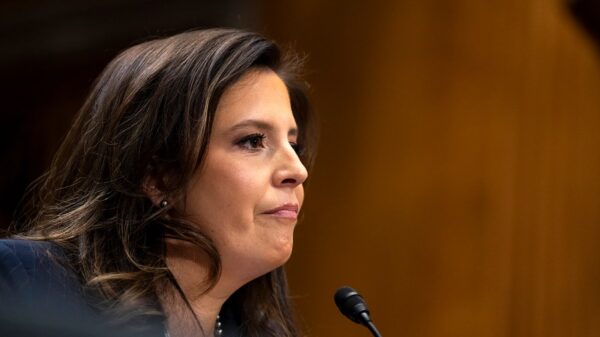Starting on July 4, 2026, every child born in the United States will receive a government-funded investment account with an initial deposit of $1,000. This initiative is part of the newly passed Invest America Act, which aims to promote generational wealth among American families. The legislation, introduced by Sen. Ted Cruz (R-Texas) and supported by former President Donald Trump, is designed to provide every newborn with a tax-advantaged investment in the S&P 500.
The accounts, which will allow for additional contributions of up to $5,000 from family, friends, or businesses, will grow tax-deferred until the child reaches the age of 18. Early withdrawals will be restricted, ensuring that the funds are primarily used to foster long-term investment growth.
Support from Business Leaders
Following the bill’s passage, Michael Dell, CEO of Dell Technologies, announced his intention to match the federal contribution for the children of his employees. He expressed his enthusiasm on social media, stating, “The Invest America Act just cleared Congress—every U.S. child gets a $1K S&P 500 starter account at birth. 70M kids gaining a stake in America’s growth… future-proofing prosperity!”
The initiative has garnered attention from various industry leaders. Sam Altman, CEO of OpenAI, echoed Dell’s sentiments, calling the program “very cool” and advocating for similar initiatives in the future. Prominent figures such as David Solomon, CEO of Goldman Sachs, and Dara Khosrowshahi, CEO of Uber Technologies, have also expressed their support for the legislation.
Potential Impact and Criticism
The Invest America Act aligns with the investment philosophy of renowned investor Warren Buffett, who has long emphasized the importance of starting to invest early. Buffett famously likened compound interest to a snowball, stating that it grows larger as it rolls. While he has not commented directly on this initiative, the approach resonates with his belief in the power of long-term investments.
Despite the enthusiasm, the legislation has faced criticism. Economist Peter Schiff has described the initiative as unconstitutional and a “bad idea,” asserting that it would contribute to national debt that future generations would be required to repay. He argues that the focus should remain on addressing larger fiscal issues rather than implementing new spending programs.
As the implementation date approaches, the Invest America Act represents a significant shift in how the U.S. government seeks to invest in its youngest citizens. With the potential to affect approximately 70 million children, the program aims to create a foundation for financial literacy and wealth accumulation that could benefit families for generations to come.







































































